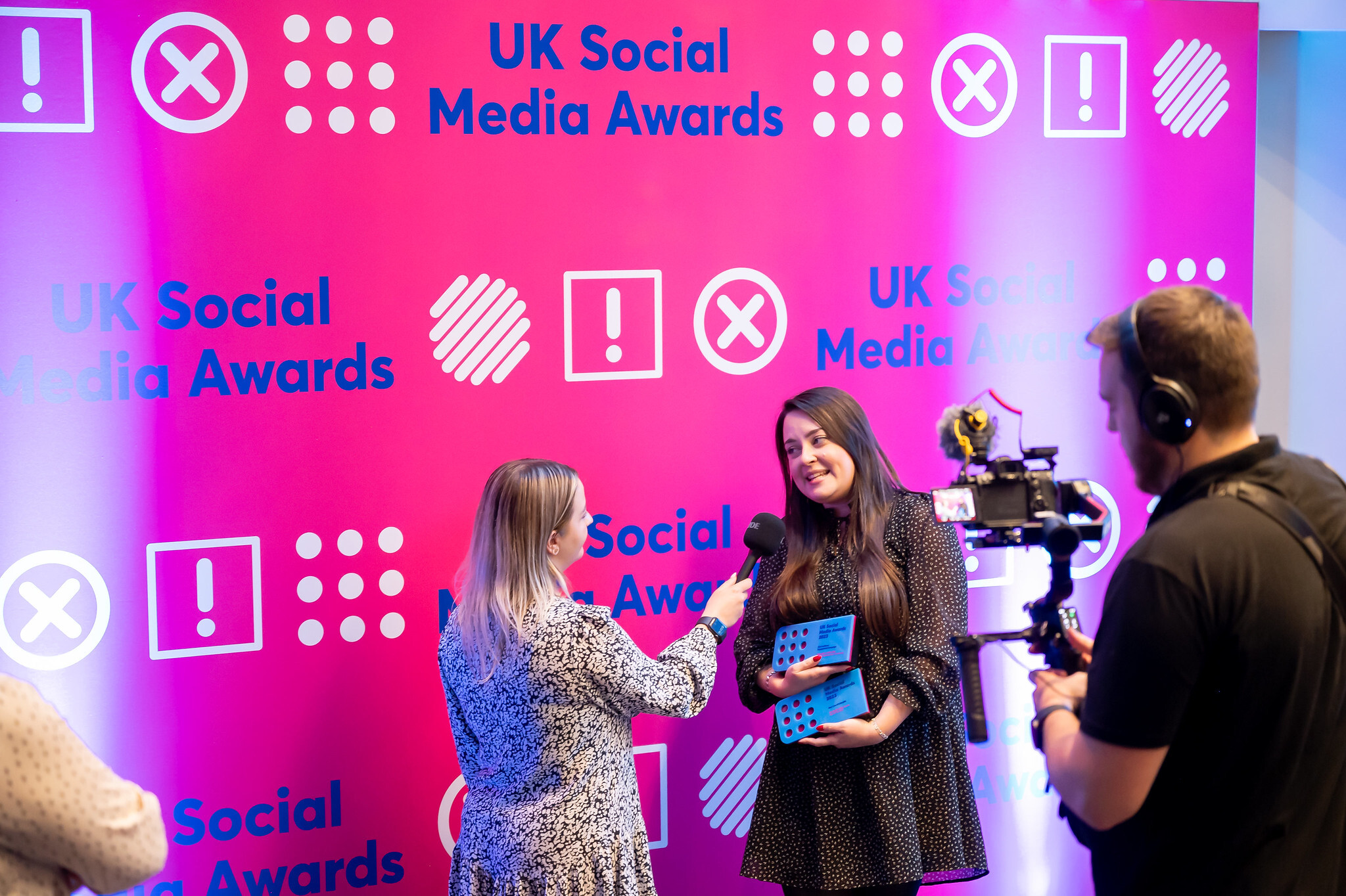Ever wondered what award judges think when they’re assessing the hundreds of submissions presented to them? You’re not alone. Knowing how to create an engaging award submission is half the formula needed to win – the other half is the campaign, and we’ll leave that to you.
Award submissions and, ultimately award wins, are a marketing strategy within themselves, especially for the Content Awards, Social Media Awards and Digital PR Awards – and should be treated as such. So, you’ll already know that no marketing strategy can begin without research.
That’s why we’ve recruited the help of a Content/Social Media/Digital PR Awards judge, Hannah Smith, Director at Worderist, to share exactly what she is searching for in award submissions and offer plenty of tips for collecting those all-important marks and making it to the shortlist.
- What does the perfect award entry look like and what are the key things you’re looking for?
Context and clarity! I think that people often suffer from a ‘curse of knowledge’ i.e., they have a full and complete understanding of the work they’ve done and the impact it’s had, but of course as judges – we don’t, we’re coming to this cold! As such the award entry needs to concisely communicate everything, we need to know about the work undertaken and the results that were achieved.
It’s also worth noting that when I’m scoring awards, I’m looking to give you points – we award a score for each section of the entry, and so incomplete sections (i.e., areas where you’ve failed to provide the requisite information cost you dearly in terms of points) and can hurt your chances of winning.
- Objectives and budgets section: What are the judges looking for here?
Concrete, measurable objectives – e.g., increase revenue from ‘X’ to ‘Y’; I feel like I often see some quite fluffy stuff in this section.
I also want to see a full budget breakdown, including things like staffing costs for in-house teams.
- Breakdown of costs: How are you hoping for that breakdown to look?
Put actual £ or $ amounts here, and I’m good.
- Target audience and strategy: What stands out to you?
Clarity of thought is key here. I like to see both that a clear target audience has been identified and that the high-level strategy is connected to reaching that audience (I feel like sometimes the strategy seems to be weirdly disconnected).
- Implementation and creativity: What examples are you hoping to see?
An appropriate level of detail about what was implemented, (this is a key section where I think the curse of knowledge comes into play – often I’ll read an award entry but feel like I’m still not sure what activity was undertaken.)
Creativity is kind of tricky, huh? What do we mean by creative? I guess I like to see a novel or unexpected idea, approach, or methodology here.
- Challenges faced: What stands out for you here?
I think this is the toughest section to complete. I guess I’m just looking for honest answers – what went wrong (something always goes wrong), and what did you do to fix it?
- Why should your campaign win: Should this be from costs, profit, experimental, story, or company point of view? How is success measured?
When I’m scoring awards entries, I’ll often find myself thinking – this is great work, but is it award-winning? Results are important but executing an effective campaign (in terms of ROI or similar isn’t enough in and of itself to be a winner in my view – that’s just doing your job). As such, in addition to looking at how effective your work is, I’m also looking for what you’ve done that’s new or different – again I’m looking for a novel or unexpected idea, approach, or methodology here.
- What supporting documents stand out? What are you hoping entrants add?
I’m just looking for evidence to support whatever you’ve claimed within your entry – e.g., if you’ve claimed 200 pieces of press coverage, I want to see your coverage report. If you’ve claimed an uplift in traffic or rankings, I want to see a report which reflects this.
- Bad supporting documents vs well-written sections – how much weight do the supporting documents carry?
‘Bad’: (or, more often, a lack of) supporting documentation is most likely to impact the score for your Results and Evaluation section. We need to score awards entries fairly, and if you’ve no documentation to back up the results you’ve claimed then you’ve left us with little choice but to knock off points here.
- Why should your agency team or rising star win: What makes an answer stand out?
Here I’m looking for three things:
Great business results for the agency (e.g., new client wins, client retention, agency billing growth, agency headcount growth)
Great work examples (effective and innovative campaigns and projects)
Evidence of one or more of the following:
- Internal Initiatives – a commitment to building a great workplace culture (processes, progression, training, benefits, etc.)
- External initiatives that make a positive impact on the industry or, more broadly to society – things like community initiatives, mentorship, work with charitable organisations, etc.
- What are your top five tips for entrants?
- Complete all sections fully.
- Make sure any objectives you state are concrete and measurable and include a budget breakdown with actual £ or $ figures.
- Make sure your Results & Evaluation section directly relates back to whatever you’ve stated in the Objectives and Budget section.
- Provide supporting evidence to back up the results you’re claiming to have achieved.
- Get someone who wasn’t involved in the project or campaign you’re entering to read your entry, then chat with them about it – what did they find confusing? What do they think is missing?






